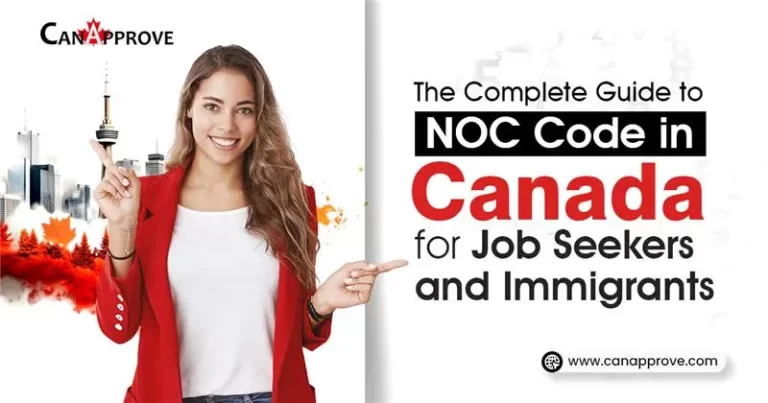How to Apply for the Caregiver Pilot Program in Canada: Expert Guide

By Sree Lakshmi R Gopal PImmigration Content ExpertMay 24, 2025 | 7 min readThe Canada Caregiver Pilot Program has officially transitioned into the newly launched Home Care Worker Immigration Pilots (HCWP), opening doors to foreign caregivers with simplified eligibility criteria…










